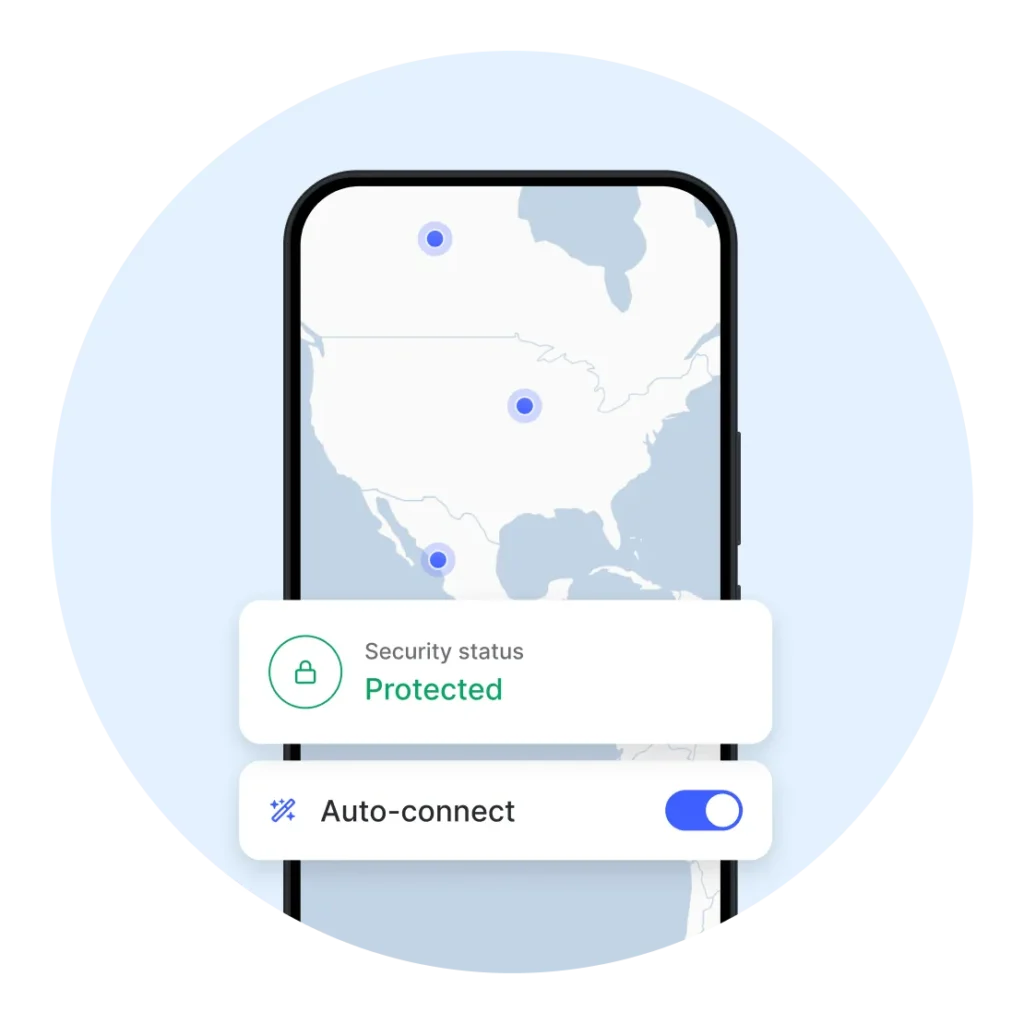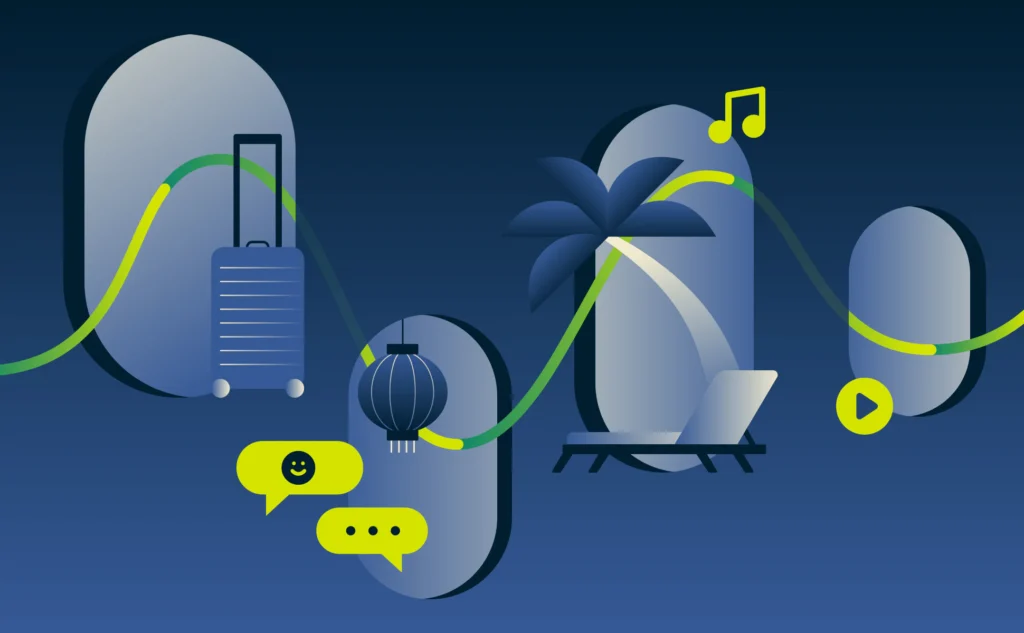If protecting personal data from snoopers is an obligation when surfing the web, doing so while travelling is even more critical. Especially in this day and age when hackers are on the increase. To get around this, more and more people are using a Virtual Private Network (VPNs), which encrypts the Internet traffic between the user’s chosen server and the device in use, cutting off anyone attempting to decipher the transmitted data.
Many VPNs are available on the market, and the first big difference in deciding which one to rely on is to choose between free and paid versions. The latter are preferred because they ensure a faster and more reliable system, as well as eliminate advertisements that interrupt the flow of data.
Here are the three best VPNs when travelling, each with specificities that make it suitable for computers or mobile devices, with a more significant number of servers to choose from, or even for the number of devices that can be connected.


NordVPN
It is considered by many specialists to be the best VPN available, as it has been in operation for more than a decade, works at high speed with a stable connection, and allows you to choose from more than 5000 servers. Available on Windows, MacOS, Android, iOS, Linux, and Android TV and with plug-ins for Firefox, Edge and Chrome browsers, it allows up to six devices to be connected simultaneously and does not record what the user does. On the security side, the Double VPN function integrates a second layer of encryption and the Kill Switch.
NordVPN offers three subscription plans: Standard, Plus and Complete, with the latter option adding a password manager, data breach scanner and 1TB encrypted cloud storage. A monthly subscription price ranges from €3.19 to €5.19 if you subscribe to a two-year plan, which can be a good choice after the 30-day free trial (costs for a single month range from €12.99 to €14.99). Ideal for the most demanding users.


ExpressVPN
Very fast and reliable, ExpressVPN guarantees 256-bit AES encryption protocols (defined as military-grade) and is reliable even in China and Iran. With servers spread across 94 countries, it can be used with any computer and Mac operating system but is particularly suited to iOS and Android devices. This is why it is one of the most popular among travellers, who can connect a maximum of five devices simultaneously. ExpressVPN does not record data that can identify the user but keeps a record of the days on which one is connected, the location of the chosen server and the total amount of data transferred. This information is always available and useful for replicating a successful approach. The monthly subscription costs €12.20, but by choosing the annual plan, the price drops to €6.28 per 30 days. A refund is available after a one-month trial period.

Surfshark
Unlimited simultaneous connections, a network with 3,200 servers in almost 100 countries and the cheapest rates in the price-performance ratio. Surfshark’s calling card combines reliability and convenience because of the 256-bit AES encryption; it adds Kill Switch, ad blocking, a tracker-free search engine and antivirus software. This VPN offers more features to protect the user’s identity. The field test shows a fast and stable connection, although there are sometimes sudden but brief slowdowns. It does not record what the user does and is a good option in every situation and activity. Surfshark has three subscription plans: Starter, One and One+, with monthly prices ranging from €2.30 to €5.99 per month for the two-year plan (excluding taxes, as in the other cases), which is much cheaper than the single-month costs, which range from €12.95 to €22.95.



